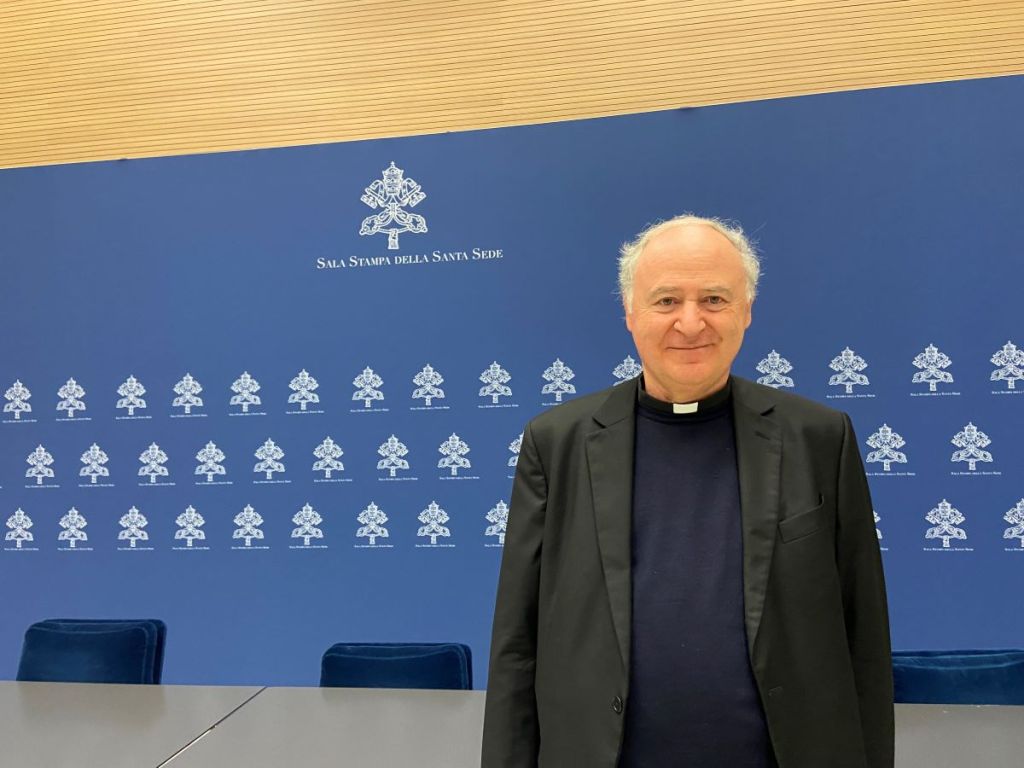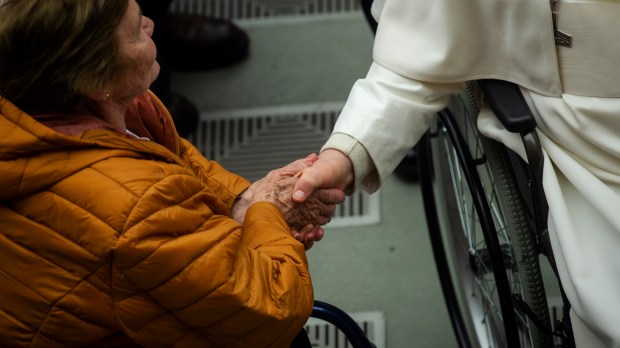“We are faced […] with challenges that give rise to questions of global justice concerning healthcare,” Pope Francis wrote in a message shared on January 19, 2024, with participants of a conference at the Vatican on clinical research and testing in underdeveloped countries. In his speech he called for international efforts to level the playing field in the health and research sector and encouraged the participants to find “concrete solutions.”
“We are witnessing many injustices that push poor countries into a disadvantaged position, in terms of access to and use of available resources,” wrote Pope Francis.
This leaves “them at the mercy of wealthier countries and industrial entities that appear insensitive to those who cannot assert themselves in economic terms, even when fundamental needs and rights are at stake.”
“It is very important to prevent inequalities from occurring also in the field of healthcare and clinical research,” he explained.
The importance of the Declaration of Helsinki
The Pope’s message was addressed to the participants of a conference organized by the World Medical Association (WMA) and the Pontifical Academy for Life. The event was organized in light of the WMA’s efforts to revise the Declaration of Helsinki, a 1964 document that delineates ethical principles regarding human experimentation in medicine.
The Pope in fact highlighted that “since its initial version in 1964 and through its subsequent updates, the Declaration has offered an essential contribution to making possible the transition from research on patients to research with patients.”
As part of this revision process the WMA partnered with the Academy to host a conference at the Vatican on January 18 and 19 on the specific topic of clinical research and testing in underdeveloped countries.
Monsignor Renzo Pegoraro, Chancellor of the Pontifical Academy for Life, told Aleteia that this conference was “a precious opportunity for a universal message,” that Pope Francis has been highlighting for some time, of care and justice for those who are most vulnerable.
“This is also in tune with some of the core values of the Declaration of Helsinki,” he added.

Making medical research and treatment accessible to all
Monsignor Pegoraro explained that the conference centers on three major topics: what type of research and experimentation should be prioritized in low-resource countries to help them; what should the standards and criteria be to make sure these processes are done safely; and how to guarantee a benefit for these populations who participate in medical research.
He explained for example that sometimes those who participate in clinical tests then cannot access the drug because it is too expensive.
“We need to balance research opportunities and the welfare of patients, so that the expenses incurred by research and access to the resulting benefits are equitably distributed,” the Pope wrote in his message.
Pope Francis highlighted that “clinical research in low-income countries” is especially susceptible to vulnerabilities such as “new technological and pharmaceutical resources, economic interests and commercial alliances, and cultural contexts in which it is easier to instrumentalize others for one’s own purposes.”
Vaccines
A major topic of discussion in medical research is vaccines. “A malaria vaccine is being discussed, there is the issue of tuberculosis, these are still widespread diseases where it would be good to have vaccines,” Monsignor Pegoraro said. “Quickly an anti-COVID-19 vaccine was obtained because the West was threatened, and other countries are still waiting.”
In fact, in his message Pope Francis highlights how “after the experience of the pandemic, we have seen how important it is to provide forms of governance that go beyond those available to individual nations.”
During the pandemic the Pope frequently called for suspending intellectual property rights on the COVID-19 vaccines so they could be produced across the world.
“We need to foster a way of thinking about the international community that effectively serves the human family,” the Pontiff emphasized in his message.
An important collaboration
The Pope also encouraged the conference participants saying he was happy they were “seeking not only to engage their implications on the theoretical level, but also to find concrete solutions.”
Both Monsignor Pegoraro and the President of the WMA, Lujain Alqodmani, welcomed the collaboration between the Vatican and the association, which had already organized together a conference together in 2017 on end-of-life issues.
“We cannot subordinate care, which represents the essential attitude that allows human life to progress through the entrusting of one person to another, to the reductive mentalities of the market and of technology,” the Pope wrote.

